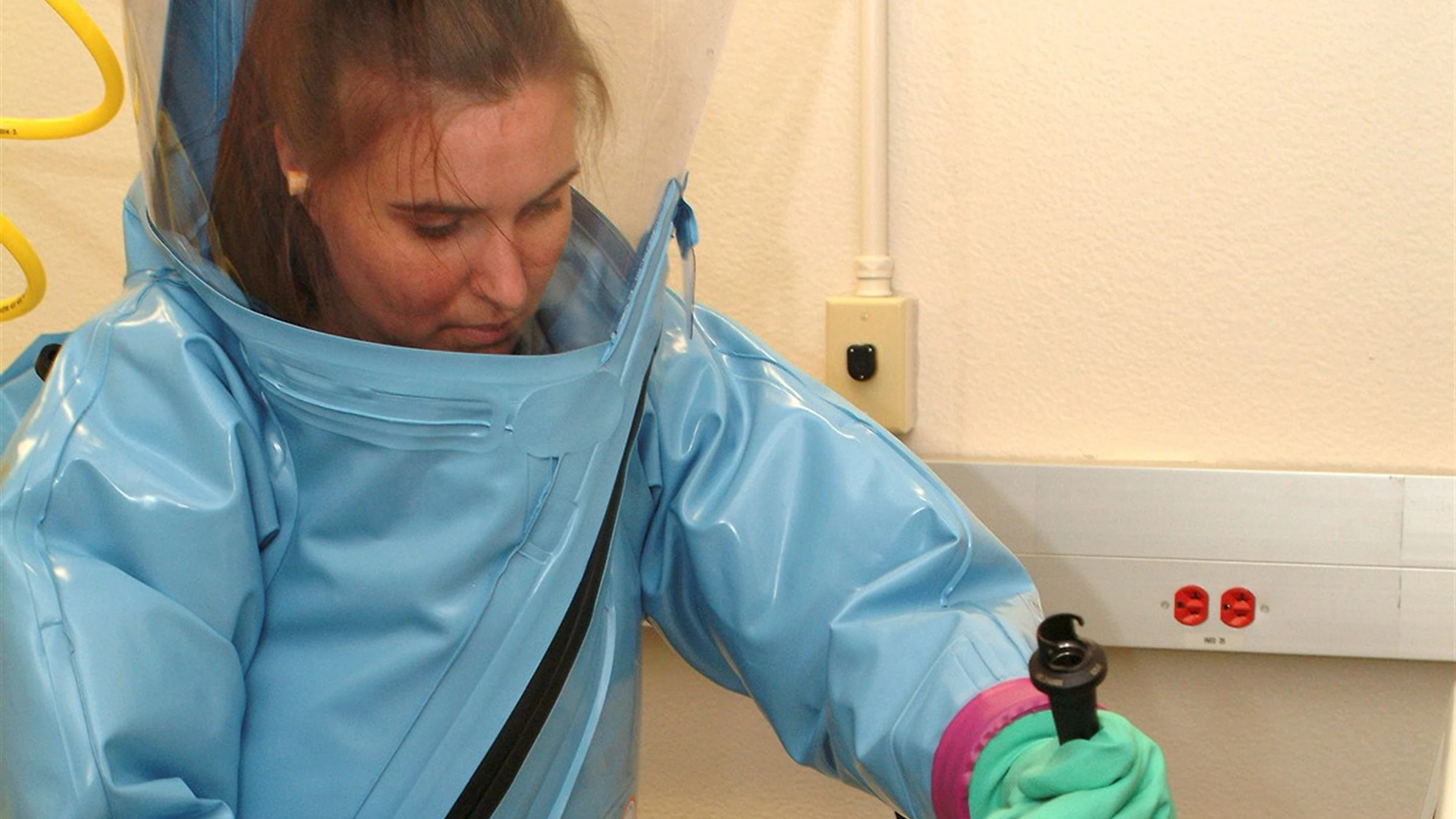This article was updated on 08.03.2024
CEPI's women scientists explore what changes are needed to inspire more girls and women to pursue a career in science
Through our #AskWomenInScience, launched as part of International Day of Women and Girls in Science, CEPI's women scientists share their experiences of being and succeeding as women in science. This three-part series aims to spotlight the crucial role of women in science, support aspiring girls and women scientists, and advocate for greater gender equality.
Part one explored the career experiences of CEPI's women scientists, including their best and worst career advice. In Part Two, they shared some of the greatest challenges they have faced in their scientific careers and how to overcome them. And now, in this third and final piece, they explore what changes are needed to encourage more girls and women to consider careers in science.
Questions and responses have been edited for brevity and clarity.
How can we inspire more girls and women to pursue a career in science, and what tools could help us to achieve this?
Arminder Deol (Head of Data Science and Advanced Analysis): We can inspire more girls and women to pursue science by having successful female scientists give talks at school and other outreach activities. And this is something I personally try to do myself because I know at that age, I had a lot of questions but nowhere to find the answers. I think just by having that availability and the exposure it already puts science in the minds of women and girls.
June Kim (Chemistry Manufacture and Controls Lead): I believe the educational and vocational environments encouraging diversity are getting better and better. Discovering more "hidden figures" in science and making media opportunities for them to speak out more could help to inspire more girls to join science and to educate men that science/engineering is advanced by humanity as a whole.
Renske Hesselink (Chemistry, Manufacturing, and Controls Lead): Inspiring role models are very important. This is one of the things I noticed when I first joined CEPI: there are many women in senior positions, who have their own leadership style, playing to their own strengths rather than trying to imitate men. These women are certainly role models for me, and I think this can help inspire girls to pursue a career in science as well.
Amy Shurtleff (Head of Animal Models): Emphasis on education in science from a young age in school, and encouragement that this type of study is not hard, but it is challenging in a good way. All of us can do this fascinating work, not just boys.
What changes are needed at a systemic level to attract more women into science?
Valentina Bernasconi (Head of Laboratory Science): Salary equality, equal work opportunities, family support and the strong belief that science is not something only for men.
Renske Hesselink: A different view of what is a true leader. Leaders do not necessarily need to have the (traditionally male) characteristics of being dominant and authoritative; there are other leadership styles that can bring different benefits. Women sometimes feel they have to adapt to progress in their careers, which leads to a loss of true diversity.
What can men do to better support women's equality in science?
Amy Shurtleff: Men should support women equally in all endeavors, not just science. Attitudes roll over from social, family, education or personal areas of life into professional areas, so if we start with regular equality in all concepts, science won't lag behind anymore either.
Rebecca Farkas (Director of R&D Innovations): It is not enough to do high-quality work if you want to get career-growing opportunities and promotions, you also need someone at a high level in your organization who makes sure that the decision-makers see your contributions and know your name. If you are a man in a position of power within your organization, seek out women who show talent and drive and champion their career advancement.
If you missed Part One, click here to learn about the career experiences of CEPI's women scientists, from the best and worst career advice to their most influential role models. Or, if you want to learn about what challenges they faced and their advice for overcoming them, read Part Two here.
*Image credit: USAMRID



